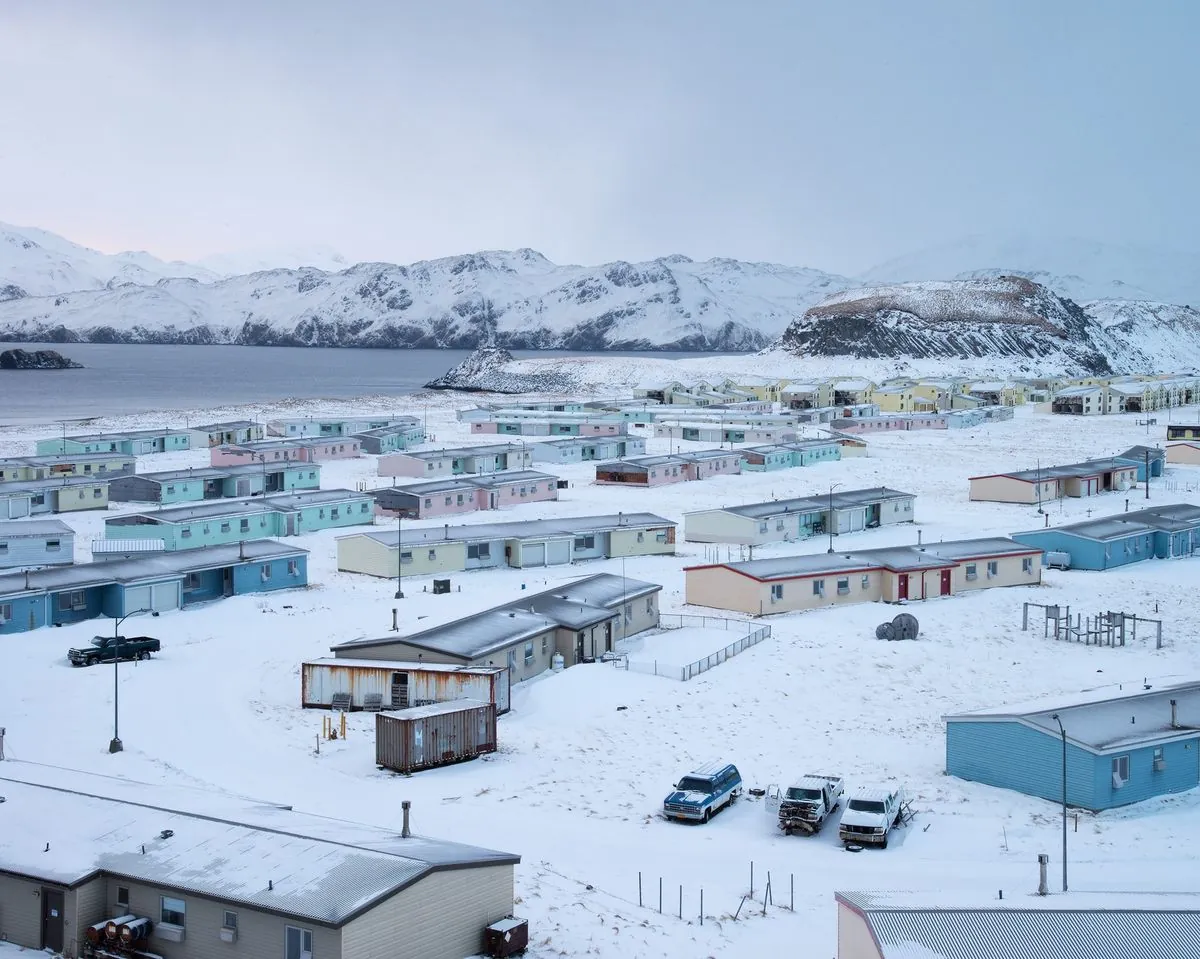The Pentagonʼs July-2024 Arctic plan shows un-expected changes in northern defense thinking. For first-time ever China (not an Arctic state) became main focus – quite different from previous docs where it wasnt even listed
The new strategy puts Beijing front-and-center despite having no Arctic territory: a big shift from 2013 plan that didnt mention China at all. Back in 2016 it got just one mention while Trump-era 2019 version gave it more space – but still not primary spot
Alaska plays key-role as strategic point in U.S.-China competition (its been important since cold-war times). The state hosts vital defense systems and helps with Indo-Pacific ops; however focusing too much on Beijing creates two big problems
This is not the best clearly written strategy Ive ever seen then its got to be in the top two or three
First issue: the strategy over-states Chinese influence in Arctic region. While Beijing tries to look active in polar diplomacy its real power there is low. Most attempts to invest in Arctic resources failed except some Russia-based projects; even the Polar Silk Road hasnt moved much goods
The UN sea law makes Arctic well-governed: its not “global commons“ as Beijing claims. Four of five coastal states are NATO members; when counting full Arctic Council its seven of eight. Recent Chinese military moves near Alaska (like July-2024 naval presence) are more about Indo-Pacific ops than Arctic control
Second issue: strategy doesnt focus enough on Moscow – the real Arctic power-player. Russia owns almost half Arctic territory and controls Chinese access there. European Arctic has most people economy and military presence; Russian Northern Fleet with nuclear subs poses main threat to U.S. interests
The U.S. forces are most active in European Arctic doing exercises with allies. The new 11th Airborne Division based in Alaska will likely work more in Northern Europe than Indo-Pacific showing where real challenges lie
